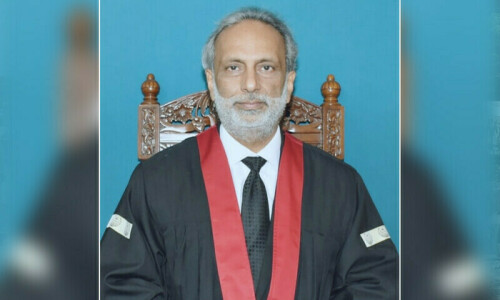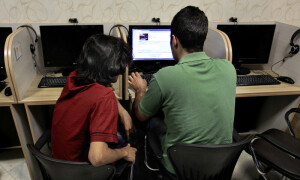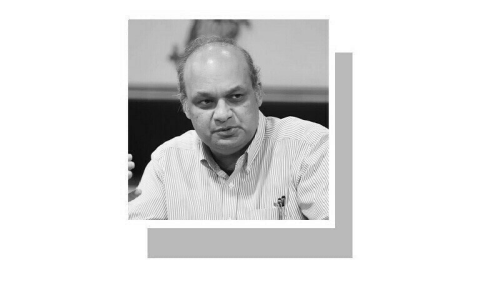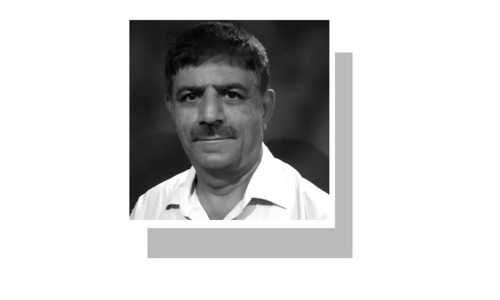GENEVA, Feb 9: China on Monday stoutly defended its human rights record, rejecting suggestions from western countries that it used torture and imprisoned dissidents.
Backed by a range of Asian and African nations, it told the UN Human Rights Council that allegations it oppressed ethnic groups in Tibet and other parts of the country were political propaganda aimed at denigrating China’s achievements.
“Ours is a state where the rule of law prevails,” a top official of China’s Supreme Court told the 47-nation council, while the chief Beijing delegate said: “China is fully committed to the promotion and protection of human rights.”
Officials from various government ministries took the podium to declare that the Chinese people enjoy free speech and a free press, that all ethnic minorities enjoy full rights, and that the country lives in peace and harmony.
The discussion came in a newly launched process called the “Universal Periodic Review”, or UPR, under which all members of the United Nations are expected to submit themselves every four years to scrutiny of their human rights record.
In the UPR, delegations are given two minutes to pose questions and make recommendations to the country presenting a report, and are expected to avoid making accusations in the interests of constructive dialogue.
Western, and some Latin American, countries raised the issues of Tibet and treatment of the Muslim minority of Xinjiang province in a generally oblique fashion, with only the once communist-run Czech Republic detailing alleged repression.
But China’s delegation chief Li Baodong accused them of abusing the Council to launch “ill-founded attempts to politicise” the debate – a charge echoed by Iran, Pakistan, Cuba, Sudan, Sri Lanka, Vietnam and Myanmar.
On Monday, Sri Lanka denounced what it called “malign criticism of China”, while Zimbabwe and Egypt hailed Beijing for major efforts to protect human rights.
Several countries saluted Beijing’s economic performance as well as its rights record, and suggested China offered them an example and beacon for their own development.—Reuters
















































Dear visitor, the comments section is undergoing an overhaul and will return soon.